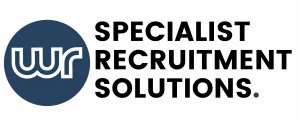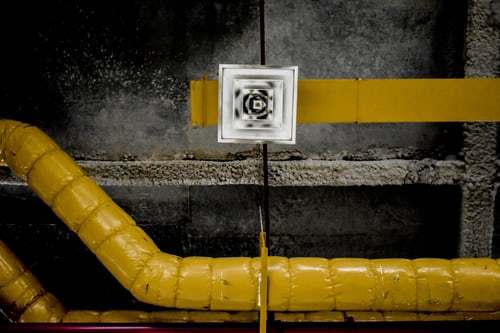WR HVACR: What were the biggest trends of the 2010s?
WR HVACR: What were the biggest trends of the 2010s?
In HVACR, the 2010s have seen a lot of change. As we settle into a new decade, we decided to take a look back at the last 10 years, and ask our consultants about the biggest HVACR shifts and trends that they’ve observed. Here’s what they had to say:
HVACR trends: legislation
One growing HVACR trend has been the raft of new legislation affecting the sector. In order to address rising CO2 levels, many laws have been created to cut carbon emissions. While some of these have had mixed success – such as the Renewable Heat Initiative (RHI) – the shift towards increased legislation doesn’t look like it’s slowing down. As an industry that plays such a vital role in reducing the UK carbon footprint, any changes will undoubtedly affect HVACR. There are two recent notable changes to be
aware of:
Gas boiler ban – In March 2019, Phillip Hammond announced new standards as part of the UK’s growing movement towards sustainability, with fossil-fuel heating systems no longer to be installed in new homes after 2025.
F Gas ban – Strict regulations around F-gas refrigerants were introduced to control the use of fluorinated greenhouse gases in Europe. As a result, any owners and manufacturers of refrigeration and air conditioning systems located in the EU d UK need to ensure these are compliant with these regulations.
Skills shortages
Another trend witnessed across the HVACR sector is a growing skills shortage. With record employment driving up salaries and a notable lack of interest from young workers, companies are finding it harder than ever to fill vacancies. There is also a lack of training
and development being offered to workers – something that was strongly reflected in our employee satisfaction whitepaper. According to the 5,548 HVACR professionals we surveyed, just 39% believed they have the opportunity to develop with their employer, while just 43% said they received sufficient training.
Ultimately, if companies are to address the current skills shortage they will need to produce more talent from upskilling and promoting from within. While there is understandably some reluctance towards this, with companies being hesitant to invest in talent after suffering due to RHI – it is essential for the health of the sector.
Automation
There has also been a trend towards increased automation across HVACR. This is mostly as a result of sustainability and energy management becoming important to the public as well as being required by law.
WR HVACR
The 2010s have seen a huge amount of changes – and the next 10 years are likely to see further industry-wide developments. However, while some areas have advanced remarkably, in many other aspects the market has remained the same.
At WR HVACR, regardless of the external situation, we’ve continued to source and place high quality talent. We have specialist expertise in all aspects of HVACR, assisting small enterprises all the way through to large blue-chip corporations.
Our recruiters are highly-regarded in their field: they know the industry inside out and keep pace with developments to stay on top of their game. We deliver timely, stress-free recruitment, and pride ourselves on attracting and placing the best talent.
To make your job search as seamless as possible, we offer a range of services: contingent, exclusive, and our brand new model, WR Search. This service saves businesses time and money, providing state-of-the-art insight, behavioral analysis, and advanced tools for candidates to land their dream jobs
.
If you’re seeking a new position, or are an organisation with vacancies in this area, contact us today


